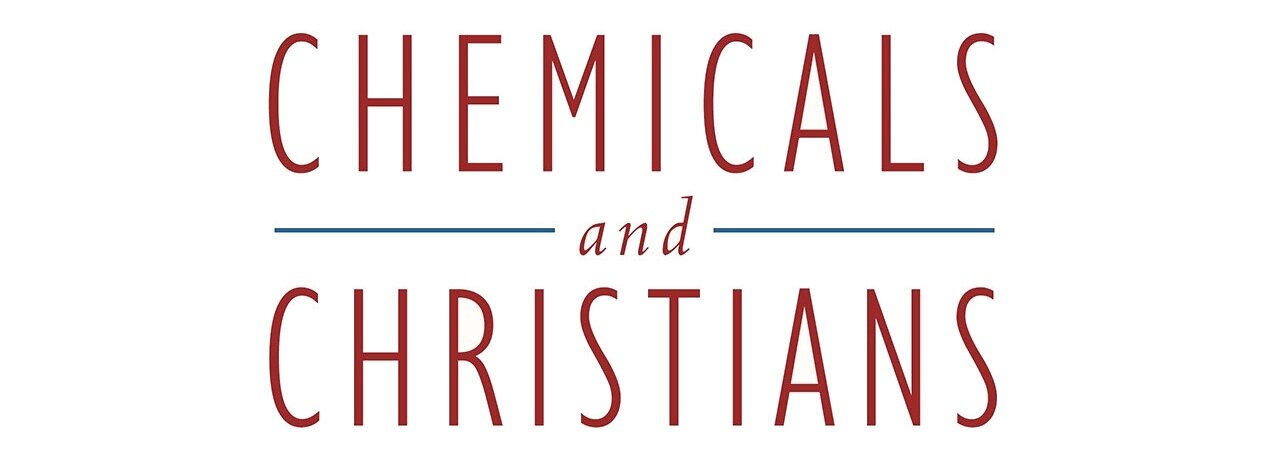It appears that the issue of toxins in common products is beginning to penetrate the public consciousness. A recent Associated Press article reported on a study showing that 64 percent of Americans are concerned about potentially toxic ingredients in household cleaning, laundry, personal care and baby products. I would be happier if the number were closer to 100 percent, but the fact that nearly two-thirds of the population is becoming aware of the issue is a positive sign.
The task of creating a safer environment for 21st century humans involves education about the issues involved, but obviously more than that is needed. If two-thirds of us are concerned about toxins in common products, why do we keep buying them? Lax labeling laws are probably part of the answer, but the issues are complex, and may involve time constraints, unfamiliarity with options, peer pressure, and general inertia.
Our product choices affect everyone around us. Certainly, choosing safer alternatives is the right thing to do, but this study and others indicate that it's also a practical matter. A 2004 report noted that 13 percent of randomly selected adults identified themselves as being hypersensitive to common chemicals. Other studies, including one associated with John Hopkins School of Medicine, have found rates as high as 33%. Businesses and churches who don't address toxicity issues are potentially alienating a large number of people.
Replacing synthetically scented products with fragrance-free ones in a church, business or retail establishment really isn't that big of a deal when you realize that the issue matters to a huge number of people you are trying to reach. How hard is it to forgo the use of air fresheners? It's a pretty easy way to make at least 13% of the population more willing to enter your building. How about switching to non-toxic cleaners? Nearly two-thirds of the population would applaud that choice.
We're making progress in the education arena. Now we need to move from thought to action.


